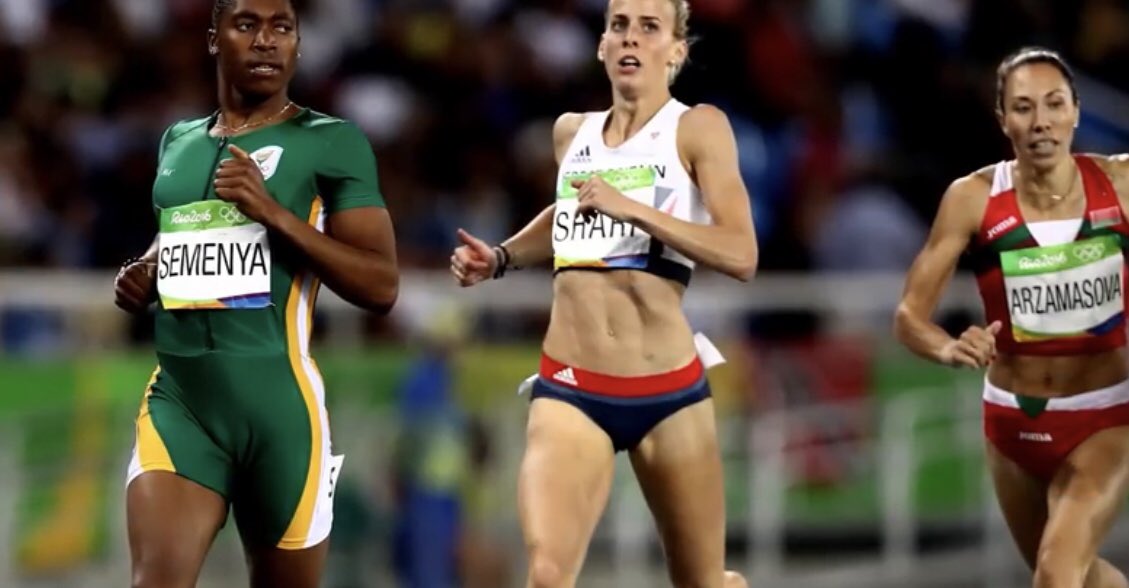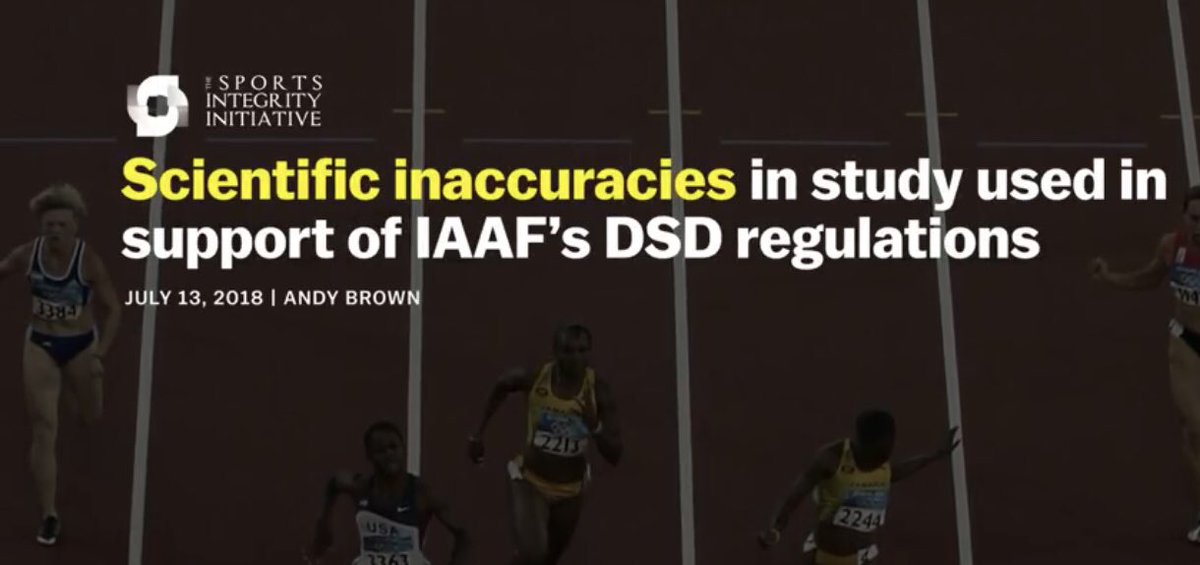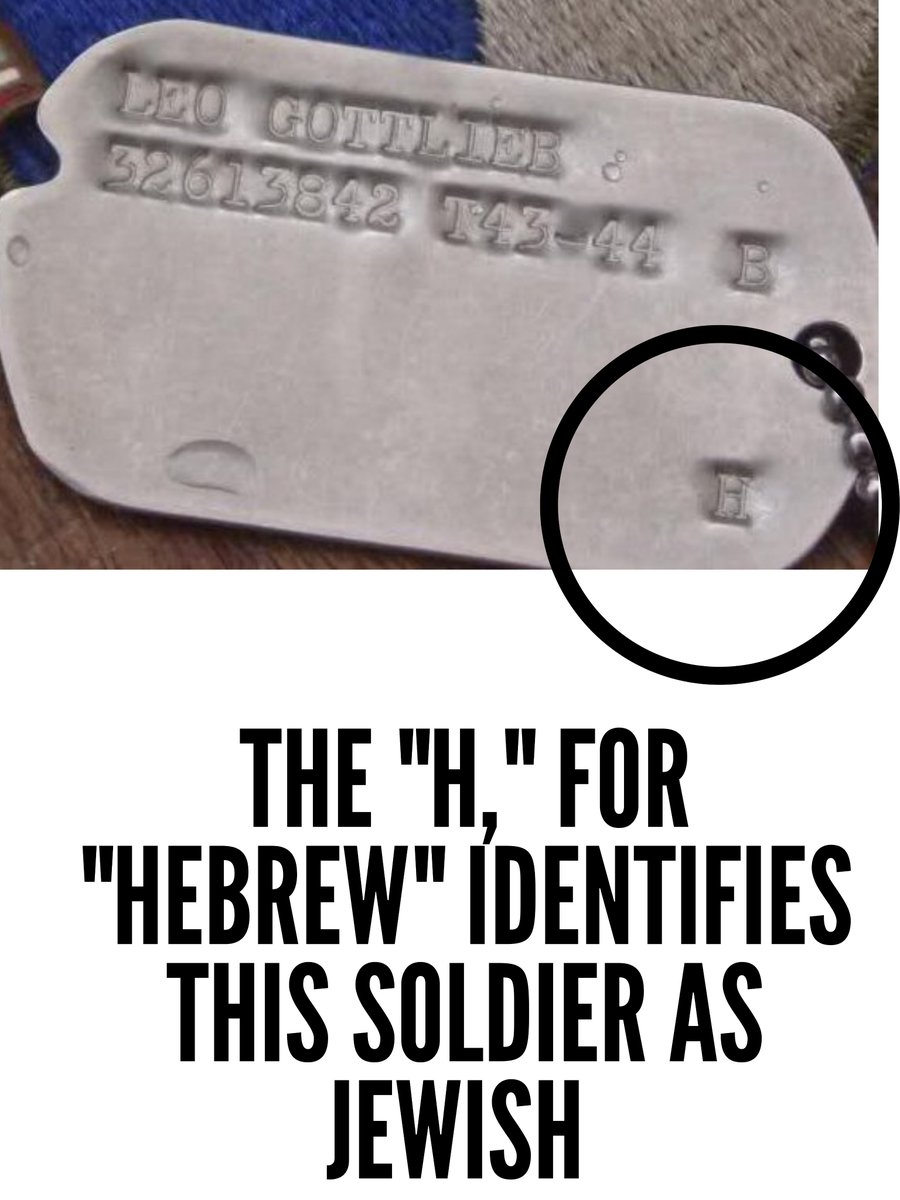#JusticeFootballLeague #JFL #EyeDropMedia
#JusticeIsComing #Trump #DarkToLight #NFL
A sporting analogy. RedPill Camouflage? #RedPilled
💥💥💥30 TEAMS - THE JUSTICE LEAGUE💥💥
👇👇👇👇 SEE TEAMS BELOW VIDEO👇👇👇👇

More from Sport
What a year it's been. It hasn't been easy for anyone in 2020, but we've seen @spfl clubs and community trusts across Scotland step up to support those in need.
Let's have a little thread to celebrate 12 months of extraordinary commitment.
❤️🧡💛💚💙💜🤎🖤🤍
/1

We kicked off the year with Football Fans in Training.
#BeYourOwnHero
Alison wasn't actually a @PartickThistle fan (albeit she kinda fell for the Jags with help from her partner). This was her story... 💪🏽
#BeYourOwnHero
Also in January we revealed that @JamTarts would join our @JoyofMovingUK programme, becoming the third club in Scotland to deliver the project to primary schools, across Edinburgh.
In Feb, we revealed @CashBackScot is to fund a new SPFL Trust project with five @spfl clubs / communities trusts to tackle anti-social behaviour.
Off the Bench will feature:
⚪️ @DundeeFCCT
⚪️ @falkirkfcf
⚪️ @bighearts
⚪️@community_mfcct
⚪️
Let's have a little thread to celebrate 12 months of extraordinary commitment.
❤️🧡💛💚💙💜🤎🖤🤍
/1

We kicked off the year with Football Fans in Training.
#BeYourOwnHero
Hero: a person who is admired for having done something very brave, or having achieved something great. #BeYourOwnHero pic.twitter.com/KZ6p0u0dNi
— SPFL Trust (@SPFLTrust) January 10, 2020
Alison wasn't actually a @PartickThistle fan (albeit she kinda fell for the Jags with help from her partner). This was her story... 💪🏽
#BeYourOwnHero
\u25b6\ufe0f Watch | Alison is our latest FFIT hero. She admits she wasn\u2019t even a football fan, but loved the support and camaraderie of our programme. It helped encouraged her to lose four stone!
— SPFL Trust (@SPFLTrust) January 18, 2020
\U0001f501 RT to share
\U0001f44a\U0001f3fc #BeYourOwnHero pic.twitter.com/wWDdsiOesp
Also in January we revealed that @JamTarts would join our @JoyofMovingUK programme, becoming the third club in Scotland to deliver the project to primary schools, across Edinburgh.
In Feb, we revealed @CashBackScot is to fund a new SPFL Trust project with five @spfl clubs / communities trusts to tackle anti-social behaviour.
Off the Bench will feature:
⚪️ @DundeeFCCT
⚪️ @falkirkfcf
⚪️ @bighearts
⚪️@community_mfcct
⚪️
Thiago Alcantara, a THREAD

https://t.co/JxxXhI1jJd
https://t.co/MS5UpCuN7m
https://t.co/E4CUMbF2aN
https://t.co/b7dYAyANSh

https://t.co/JxxXhI1jJd
Thiago "home can play" Alcantara
— Orsteen \U0001f489 (@_orsteen) January 22, 2021
https://t.co/MS5UpCuN7m
Thiago \u201cthe ball Na your pikin, send am message\u201d Alcantara pic.twitter.com/IG4IwH07cK
— Man of Letters. (@Letter_to_Jack) January 22, 2021
https://t.co/E4CUMbF2aN
Thiago 'Just dey go i don see you already' Alcantara
— Aremu Pokipoki (@prinzgbemi) January 22, 2021
https://t.co/b7dYAyANSh
Thiago "Play with your nearest man" Alcantara
— \xc0GB\xc0! (@Oli_Ekun) January 22, 2021



























